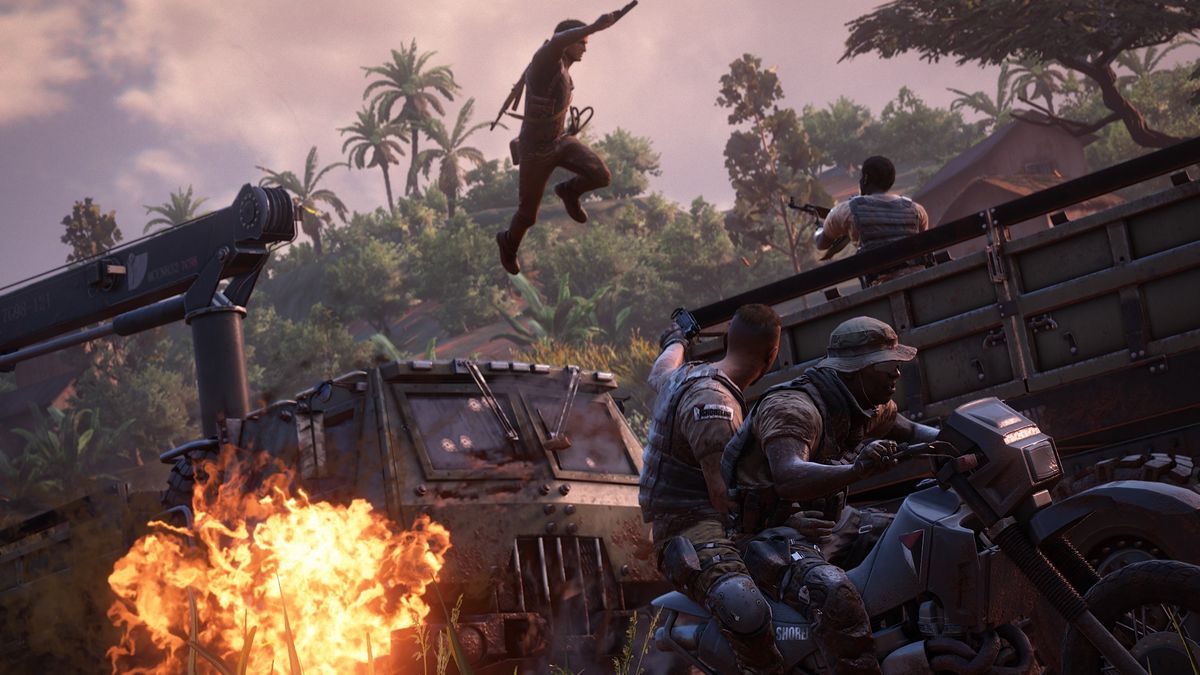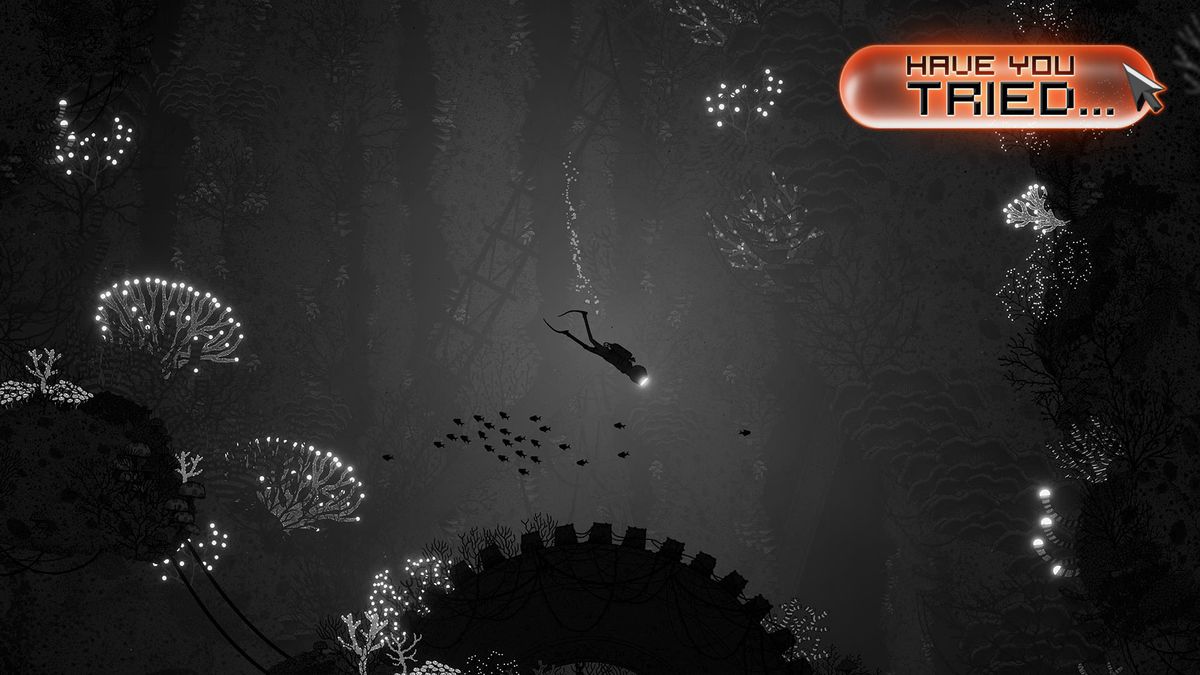PS4 (opens in new tab) and Xbox One (opens in new tab) won’t appear in Japan until 2014. Gamers in Sony’s home country will need to wait until February 2014 before they can buy PS4, while–if rumours are to be believed (opens in new tab)–the Xbox One may not make Japan, and several key European regions, until autumn 2014. Autumn! That’s a substantial delay for a country that has largely enjoyed its console launches ahead of (or at least the same as) the US and Europe. So, why is it different this time around? And does anyone in Japan really care?

While it’d be flippant (and wrong) to claim that no-one in the East is looking forward to PS4, it does highlight the fact that home consoles are becoming increasingly designed for Western audiences. The Xbox has always been a large, bulky example of American design and its core games have been staunchly Western-focused. Halo, Gears, Ryse, TitanFall… As such, Microsoft has struggled to garner much popularity in Japan, so the fact that Xbox One doesn’t see the East as a priority isn’t a huge surprise.
However, PS4 is a different story. Sony is a Japanese company. It has always pushed its consoles to Japan first, then the US, then Europe. Its consoles have been designed in Japan, with equal consideration to Western and Eastern players. Except PS4. PS4 is the work of Mark Cerney, who works for Sony of America. It’s newest, key features are firmly skewed towards players in the West. Twitch support, Facebook sharing, quickly switching between apps and second screens.
And the launch games are very Western-focused too. Battlefield 4, Killzone: Shadow Fall, Assassin’s Creed 4: Black Flag–only Knack, PS4’s biggest disappointment, was created by SCE Japan Studio.

Speaking to Eurogamer (opens in new tab), Sony Japan’s Masayasu Ito says that: “A next-generation home console has been a strong request from western developers who were anxious to see such devices. That’s why we decided to go ahead with the EU and US launches… because EU and US titles were ready.” This console generation has been driven by the West, which is why the US and Europe is enjoying it first.
While I personally felt quite cheated getting PS3 a full 4 months after Japan and America back in 2007, there doesn’t seem to be any real feelings of resentment coming from the East in 2013. Is that because a 3 month delay isn’t all that significant to the Japanese public? Or is there simply no buzz for next-gen on account of both consoles (I’m not counting Wii U as next-gen here, because it isn’t) being so focused on the West?

I recently spoke to Keiji Inafune, legendary Japanese developer responsible for creating Mega Man and–more recently–Dead Rising. I asked him whether or not there’s any real hype for next-gen in Japan. “Obviously, there is a big difference in time between the Western and Japanese launch of the consoles. And the general public isn’t as focused on that aspect of gaming as they are in the West. So no, there isn’t the same buzz.
“Having said that, hearing all the news about next-gen launch from the Western media–and also considering the number of core gamers in Japan as well–a number of people are actually excited. So although there isn’t the same buzz for the hardware itself, it is growing slowly. By the time the consoles actually launch in Japan, I’m confident that the buzz will be there amongst the general public as well as the core gamers.”
It seems that Japan simply isn’t ready for next-gen. Several sources site the fact that Western developers have been preparing for the consoles for longer, whereas Japanese studios haven’t been considering them much before PS4 was announced in February of this year. As such, Knack (lead by PS4-designer Mark Cerney) and Crimson Dragon on Xbox One (a game that was originally being developed for Xbox 360) were the only Japanese-developed games to launch with the consoles.

Inafune sees games as the key to getting Japanese players excited about the hardware. “So, talking about the hardware itself, Japan has been left out in that sense–the consoles themselves have already been released in the West,” says Inafune. “The launch games too, are more aimed at the western market at this point. There are some more Japanese games planned for release after Christmas, which take advantage of next-gen’s unique features, and they look really good. I think that, as of spring, there will be more Japan-focused games so the country won’t feel excluded.”
This is a trend that has been creeping into the games industry over the past decade or so. While PS4 and Xbox One only have 2 Japanese-developed games between them, 360 / PS3 managed 6, whereas PS2 had 10 back in March 2000 and 20+ when the machine appeared in the US, six months later. The number of Japanese games that make it into the West (as a whole) has declined greatly over the past decade–even Nintendo’s output has reduced.
It all points towards the fact that Japan is increasingly removing itself from the traditional console cycle. Wii U–a console that still very much caters for a Japanese audience–is a good indicator of this, releasing mid-generation and bypassing the chance to become more powerful than 360 and PS3. Nintendo’s lack of concern for creating a machine that keeps pace (hardware-wise) with Sony and Microsoft perhaps reflects the sentiment that Japan isn’t as bothered about marking home console generations in the same way as the West.

PS4’s unprecedented late appearance in its home country is, therefore, less of a shock than it would have been 5-10 years ago. It also implies that Japan is–generally–not too bothered about the wait. Well, with the possible exception of Inafune himself. As the creator of Dead Rising, surely he’s been given an Xbox One early and afforded the chance to play Dead Rising 3 (opens in new tab) ahead of his countrymen…?
“So, I haven’t played it yet,” he laughs. “I’m waiting for the Xbox One to come out so I can sit down with it, and really get to know the game in detail. From the feedback I’m hearing, I think the gameplay has been created with excellent attention to detail, but maybe the game is lacking in humour–something I was keen to emphasise in the original game. That’s the impression I’m getting at the moment.” Hmm, yeah. If the creator of Dead Rising can wait to play the third game in HIS OWN series, I’m sure the rest of Japan isn’t too fussed about the wait either…
 Game News Video Games Reviews & News
Game News Video Games Reviews & News


